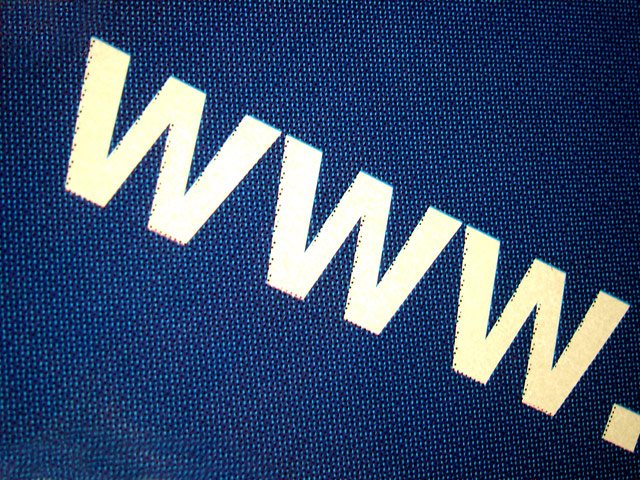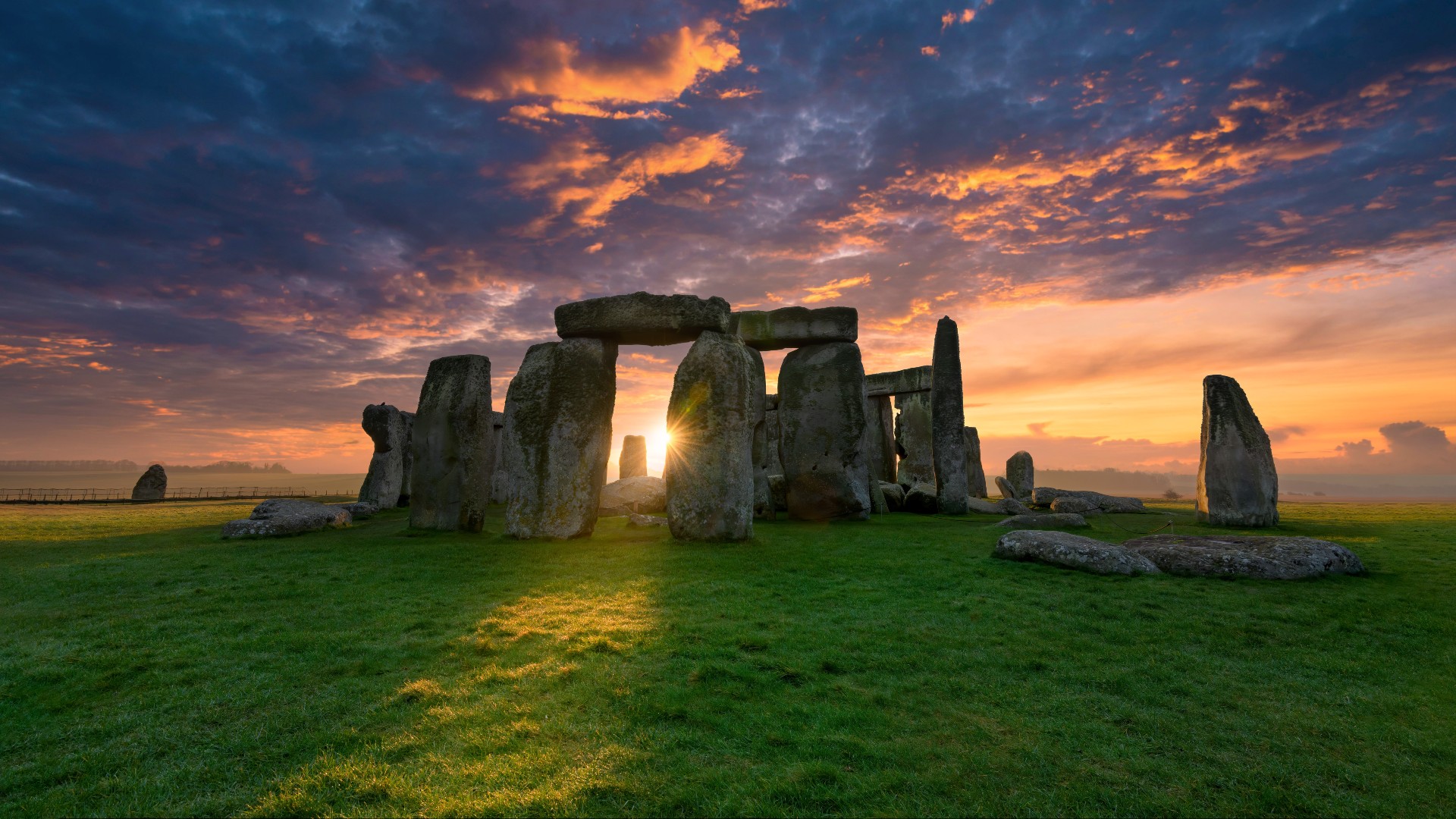When Was the Internet Invented?

Ideas about a technology that could connect people via a global, hardwired network have abounded since at least the 1930s. But the origins of the information hub now known as the Internet can be traced back to 1958 — the year that the U.S. Department of Defense founded the Advanced Research Projects Agency (ARPA, now known as DARPA).
In the shadow of the Cold War, researchers at ARPA rushed to create a technology that would enable network communications between computers in the event of a Soviet attack on the nation's telephone system. In 1960, J.C.R. Licklider — who would go on to become the director of ARPA in 1962 — published "Man-Computer Symbiosis," a theoretical piece on real-time interactive computing. The technologies that would make such computing possible were developed by ARPA researchers in the years that followed.
In 1964, Leonard Kleinrock, a researcher at the Massachusetts Institute of Technology, published his first book on packet-switching technology, which would become the backbone for computer networking and, eventually, the Internet itself. In 1966, another MIT researcher, Lawrence G. Roberts, became the new director of the Information Processing Techniques Office (IPTO) at ARPA and began work on the world's first packet-switching network, known as ARPANET.
In 1969, the first host-to-host message was sent from Kleinrock's laboratory at the University of California, Los Angeles to Stanford Research Institute (SRI), turning theoretical daydreams about the Internet into reality. Two more computers — one at UC Santa Barbara and another at the University of Utah — were added to the network soon after, and additional computers were added to the network in rapid succession between 1970 and 1972.
These connected computers made up the original ARPANET, which would eventually become today's Internet.
Follow Elizabeth Palermo on Twitter @techEpalermo, Facebook or Google+. Follow LiveScience @livescience. We're also on Facebook & Google+.
Get the world’s most fascinating discoveries delivered straight to your inbox.
 Live Science Plus
Live Science Plus





